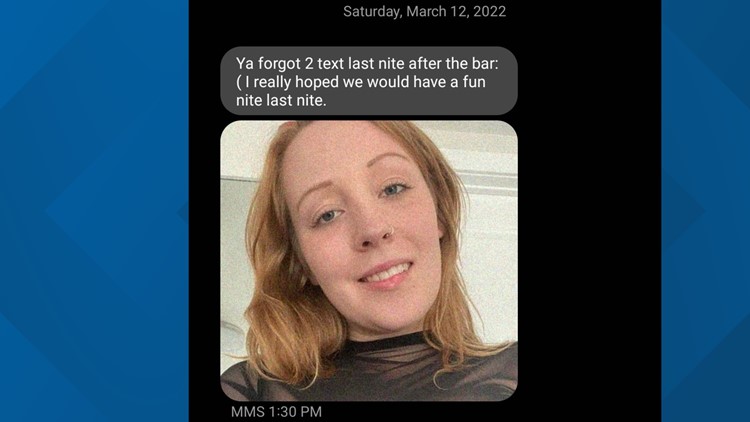- Home
- The Latest
- Have You Gotten a Text Message ...

A new texting scam is going around using the same photo of a young woman claiming she sent a text to the wrong number.
The Better Business Bureau is warning people about the scam that is a combination of “catfishing” and “smishing” scams.
 The text includes a photo of a young woman with a freckled face and pierced nose asking “if you miss me yet?” or “you forgot to text me after leaving the bar”. Texts such as this, which come from a working phone number, often work because it is perfectly feasible that someone is sending a text to the wrong number. Generally, if you do not respond, the text messages will stop.
The text includes a photo of a young woman with a freckled face and pierced nose asking “if you miss me yet?” or “you forgot to text me after leaving the bar”. Texts such as this, which come from a working phone number, often work because it is perfectly feasible that someone is sending a text to the wrong number. Generally, if you do not respond, the text messages will stop.
It is tempting to reply “you have the wrong number”, but if you do, the scammer is likely to engage in a pleasant conversation, apologizing for the wrong number and then asking for personal information. Similar texting scams use the “wrong number” tactic to say they’re sorry but you “seem like a nice person” and want to chat.
I played along with a “wrong number” text from someone who said they were asking about a car
I played along with a “wrong number” text from someone who said they were asking about a car and asked if I was “Midge”. When I said no, the scammer asked where I live and that since I seem like a nice person, they wanted to get to know me better.
Another friend shared that he’d received a similar “wrong number” text from someone who said they’d met on a walking trail and that when they intended to reach back out, they entered the wrong number.
This texting scam is similar to “smishing” scams that rose in use around Christmas 2021. Those text messages alerted the recipient that a package was waiting on them and to click a link to reschedule the delivery. AT&T customers reported a similar scam where they were asked to click a link to access their account about a billing problem.
In both of those scams, the recipient was asked to log in to their Amazon or AT&T account from a website, which would have given the scammer the ability to login into the victim’s account.
In the latest texting “wrong number” scam, the scammer might dig for personal information such as name and city or address. They could also carry on the conversation for a while until the victim believes there is some sort of relationship at which time the scammer asks to exchange photos.
Texting scams are especially dangerous for teenagers and millennials who are most often victimized by scams carried out over text messages and by “catfish” scams where they are led to believe they’re chatting with a real person with romantic interests.
If you receive a scam text in which the person texting claims to have reached a wrong number it is best not to respond and delete the message. You can also block the number but unless it’s a number that continues to send texts or phone calls, blocking may not have much of an effect as scammers typically use different numbers until they reach someone who replies.
You can forward the text to 7226 (Scam) and report it to the FBI’s Internet Crime Complaint Center

